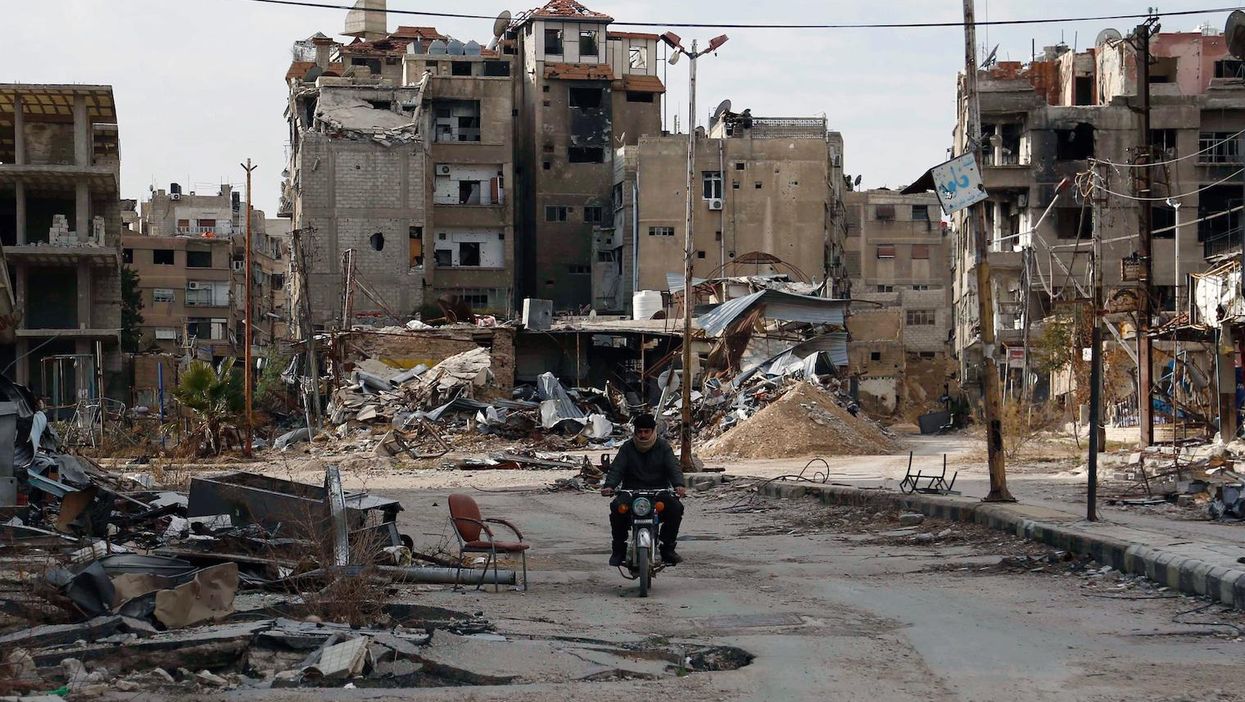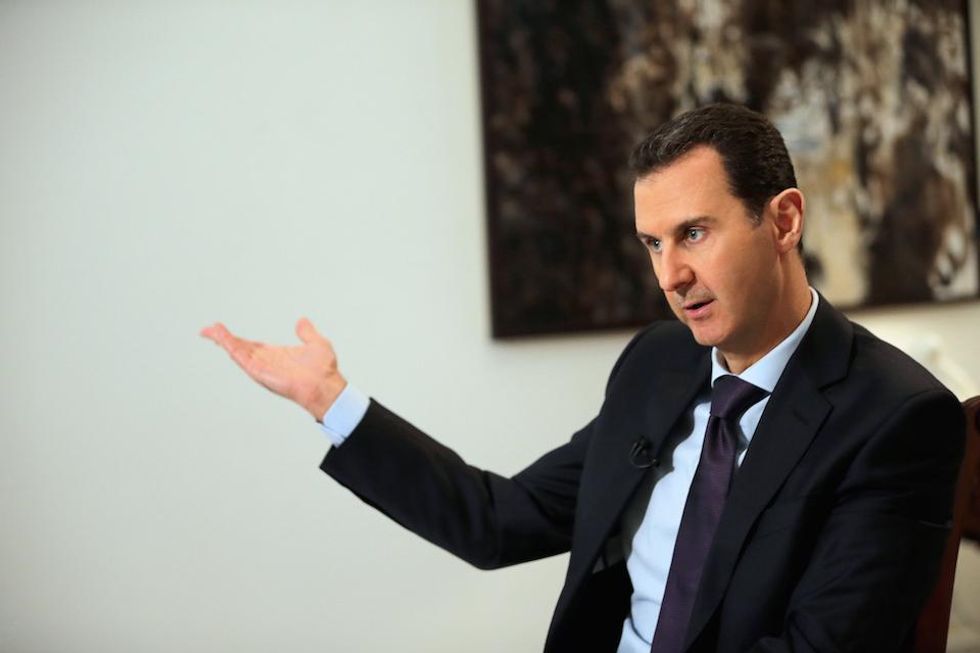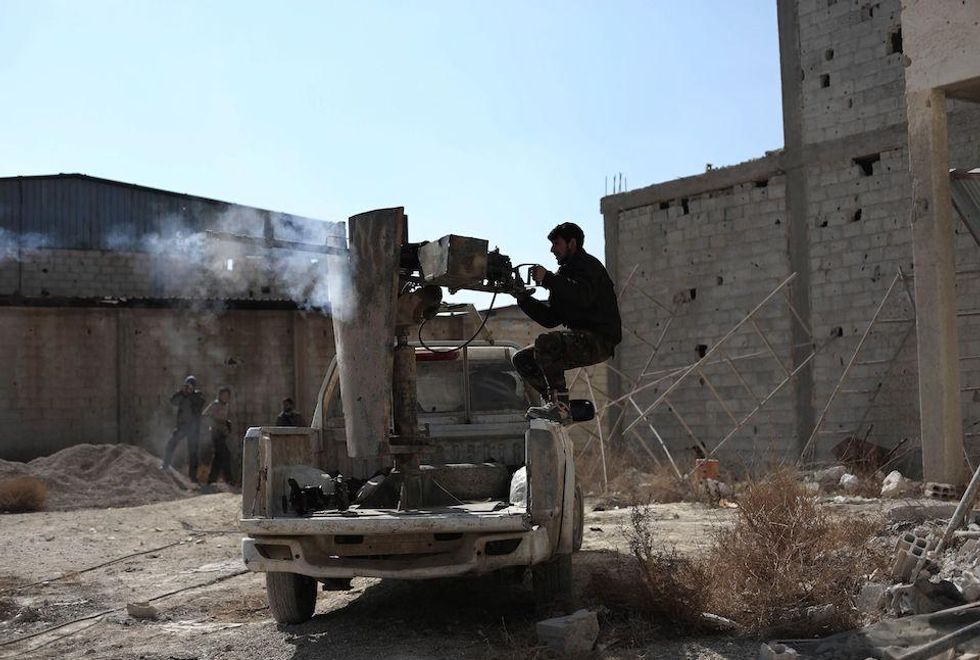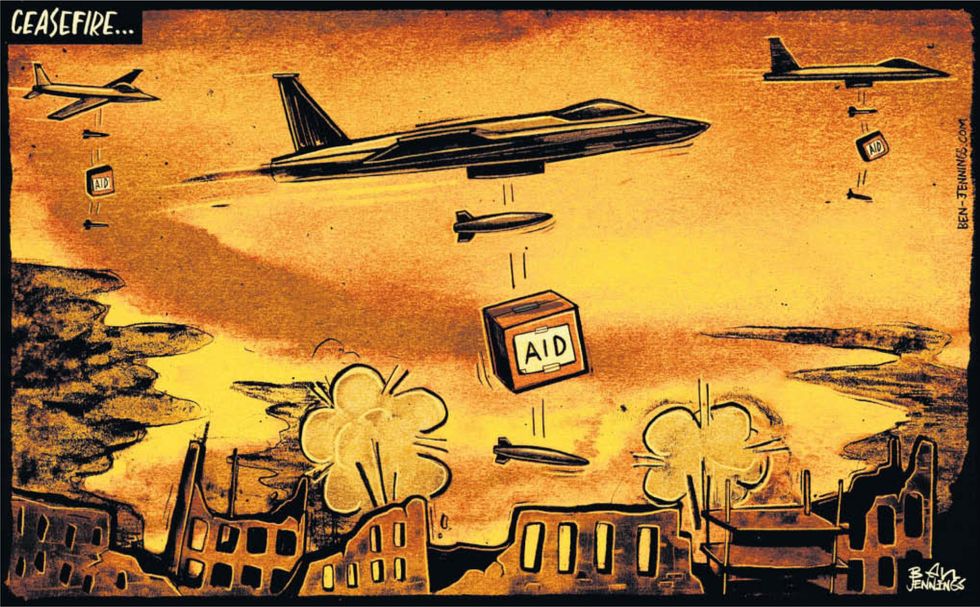News
Louis Dor
Feb 13, 2016

What happened at the peace talks?
The US and Russia announced in Munich on Friday that they have agreed on the delivery of food and aid to besieged communities in Syria.
A ‘cessation of hostilities’, as brokered by the US and Russia in talks which began Thursday, has been declared in preparation for a formal ceasefire.
What has Assad said?
Hopes for peace have been somewhat dashed after Syrian president Bashar al-Assad vowed to regain control over the whole of the country.
In an interview in Damascus, hours before the peace talks deal was struck, Assad said that he would send troops to reclaim territory "without any hesitation".
He said the involvement of other powers in the tangled civil war "means that the solution will take a long time and will incur a heavy price."
So is the fighting over?
No. As Patrick Cockburn points out in Saturday's Independent, the agreed de-escalation of conflict does not apply to Isis or Jabhat al-Nusra, who still control large amounts of territory in Syria.
There is also no formal agreement in the deal on which of the armed opposition are terrorists, meaning that Russia could continue airstrikes, theoretically, on any it deems terrorists - regardless of whether they are regarded by others as moderates.
Assad's words also cast doubt over whether a full ceasefire - which has not yet been signed off by the Syrian government and the factions fighting against it - could be achieved.
In addition, news broke on Saturday that Saudi Arabia has moved ground troops and fighter jets to Turkey, possibly in preparation for an invasion.
The move, as confirmed by Turkish foreign minister, Mevlut Cavusoglu, raises tensions, as Saudi Arabia has been an important backer of the opposition to Assad, having previously offered military support.
What will happen now?
Laura Pitel reports for the i newspaper that Syrian civilians in Aleppo are not optimistic.
Mahmoud Hassan told the paper that he was deeply sceptical of the peace deal:
It doesn't include air strikes, it doesn't include areas controlled by Isis and Jabhat al-Nusra. As you know, al-Nusra is spread throughout Aleppo and Idlib.
Dr Osama Abo el-Ezz, added:
I think it is a chance for al-Assad and his soldiers to take a break and then resume their crimes.
In summary:
Top 100
The Conversation (0)
















